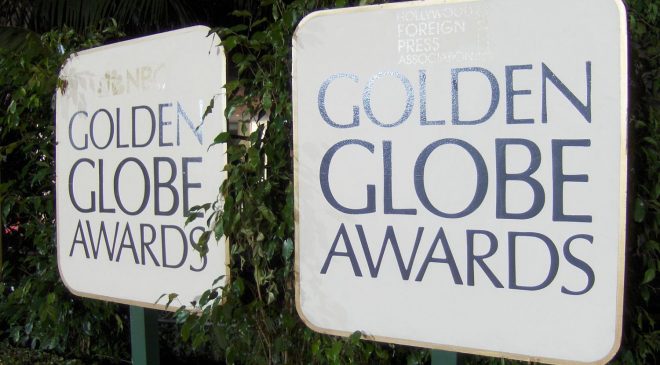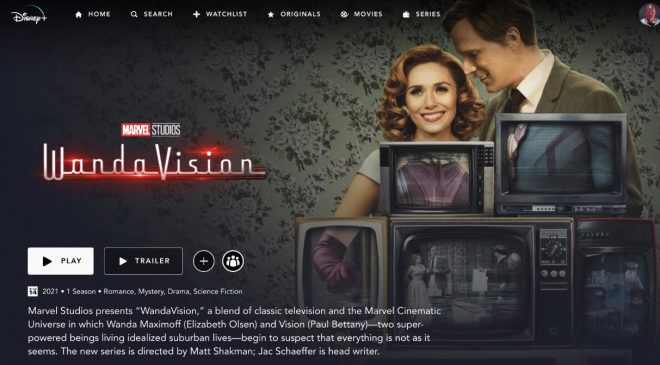Magnus Chase Review
For those of you who have not read Magnus Chase yet, you need to get your acts together and prepare to sell your soul to yet another YA fantasy novel by Rick Riordan. He has been producing a new book every year, and yet we fall into his trap every time. This book is no exception. “Magnus Chase and the Gods of Asgard” stole my heart and crushed it in all the best ways. It almost makes up for the spectacular disaster that was “The Blood of Olympus,” and most importantly, Riordan has finally produced something that is on par with the “Percy Jackson” series.
Let me clarify—I am not bashing Riordan’s other books. I liked all of them, not just the originals. I loved the “The Heroes of Olympus,” even though it has its flaws, and there are certain things about it that annoy me to no end, overall it was pretty enjoyable. Same thing with “The Kane Chronicles,” though I liked “The Heroes of Olympus” more. So, when I say that “Magnus Chase” is the only book that matches the original series, do not misunderstand. I liked the other books. I really did. But let’s be honest—none of them were as good as “Percy Jackson.” That is, until now.
“Magnus Chase and the Gods of Asgard” holds all of the spirit and charm of Riordan’s first five books while using the improved writing style of the newer ones. It’s in the first person again, which normally I don’t like, but Riordan makes it work to his advantage. The wonderful, hilarious chapter titles we missed are back as well. The book is also pretty funny, even with the occasional outdated, cringe-y joke (see: every use of the word “swag”). Magnus is as witty and sarcastic as Percy, but with the added bonus of being more mature. The tone, reflective of Magnus’ personality, is light-hearted, but darker and more cynical than that of the “Percy Jackson” series. The themes are heavier, which works with the increased level of violence and horror that was only hinted at in other works. It’s still very kid-friendly, but much of the fumbling childishness of his first series is replaced with a more sophisticated writing style and references that will go over kids’ heads.
(Minor Spoilers Below)
Another thing that Riordan has continued into this series is the increased diversity. In the first series, most of the characters were Caucasian Americans, and in the Heroes of Olympus, it seemed like Riordan was trying to have one kid of every race. The diversity In MC is much more casual, even though it seems more progressive thus far in spite of the main character being another white boy. There’s Samirah al-Abbas (nicknamed “Sam”) a hijab-wearing Muslim girl who struggles with Islamophobia. Blitzen is a dark-skinned dwarf who prefers fashion to metalsmithing and is mocked for it. One of the best running gags in the book is people not being able to understand Hearthstone, a deaf elf, when he’s using ASL, and this is (as far as I can tell) done in a harmless, inoffensive way. And the best part is that these differences are critical to their identities; their experiences are shaped by their races, heritage, and disabilities. Everyone has a story, and they all find acceptance in one another.
I think that’s what my favorite thing about the book was; the uniting theme between the main cast was a loss. Each person was alone, alienated in their own way. Magnus is an orphan, blamed for his mother’s death and living on the streets. Sam faces racism on a daily basis and is forced to hide the magical side of her life from her grandparents. Hearthstone was rejected by his family and gave up everything to follow his dreams. Blitzens’ father died in disgrace, leaving him to compete for his mother’s attention with his countless siblings. They were all misfits, cast out from society for one reason or another, but they manage to find a sense belonging between the four of them.
This book had everything that made us fall in love with the first series and more. After so many years, Riordan has finally managed to live up to his original standards. Even though the story is a little repetitive and predictable at times (white boy finds out he has magic powers inherited from his cool dad), it’s different enough the be intriguing. It’s fast, it’s engaging, and it made me remember why I liked Riordan in the first place.
Your donation will support the student journalists of Thousand Oaks High School. Your contribution will allow us to purchase equipment and cover our annual website hosting costs.







